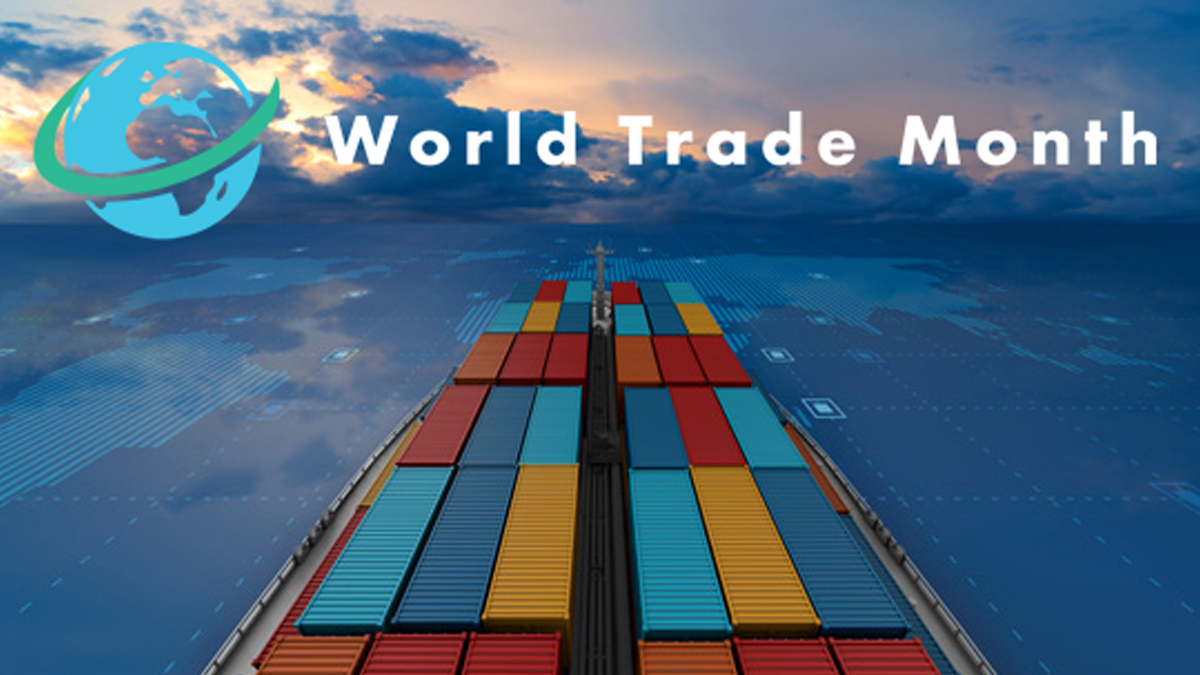On: May 6, 2024 By: Kari Crane
Using the Export License Exception STA: Strategic Trade Authorization
The export license exception Strategic Trade Authorization (STA) can be used for some exports to low-risk destinations, but eligibility requirements exist. Learn how to properly classify your goods, determine eligibility with a BIS tool, and ensure compliance with recordkeeping and end-user verification.

![How Exporters Handle Compliance and Regulations [Survey Data]](https://www.shippingsolutions.com/hubfs/images/Newsletter/How%20Exporters%20Do%20Documentation%2c%20AES%20and%20FTAs%20%5BSurvey%20Data%5D.webp)




